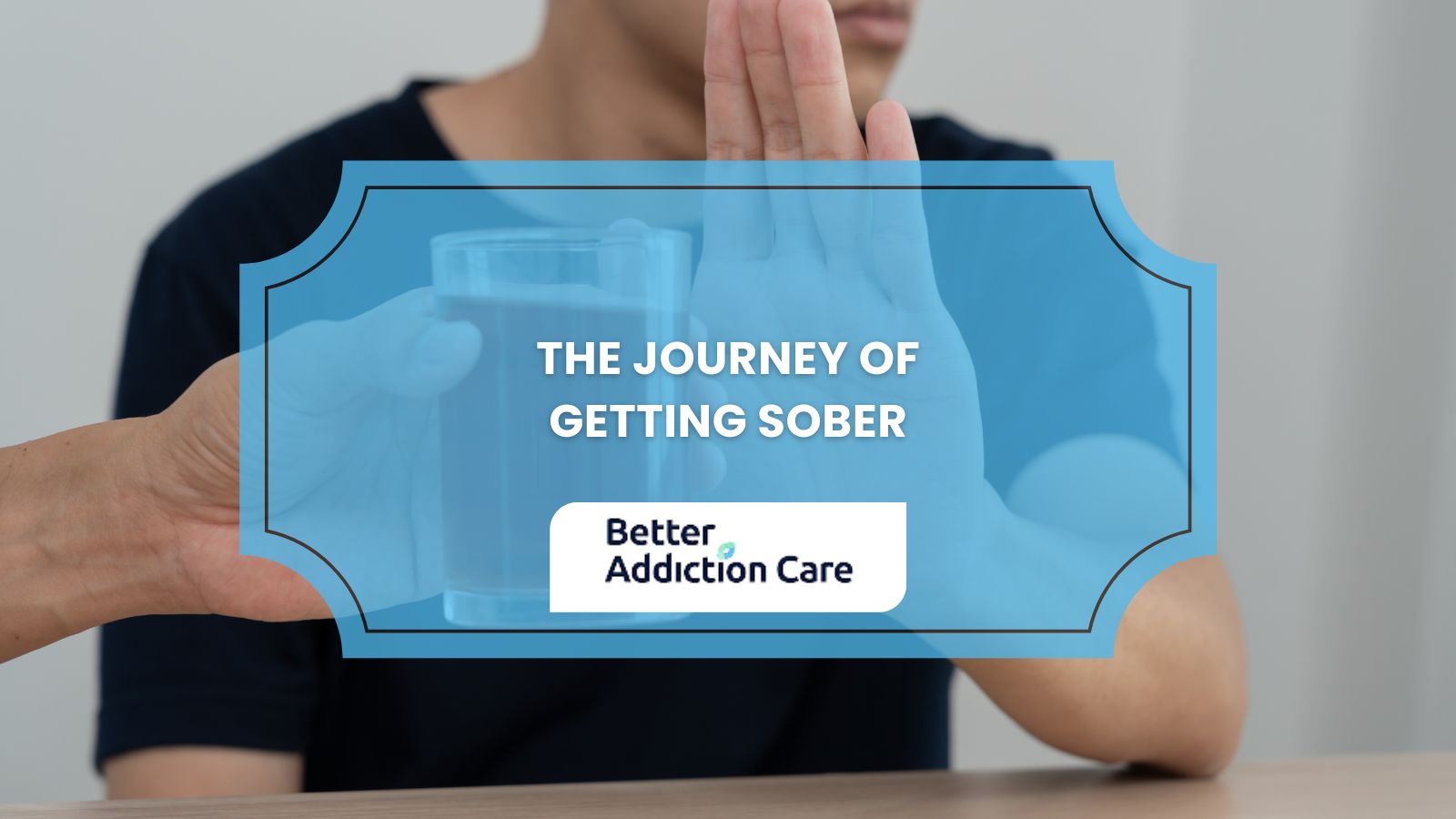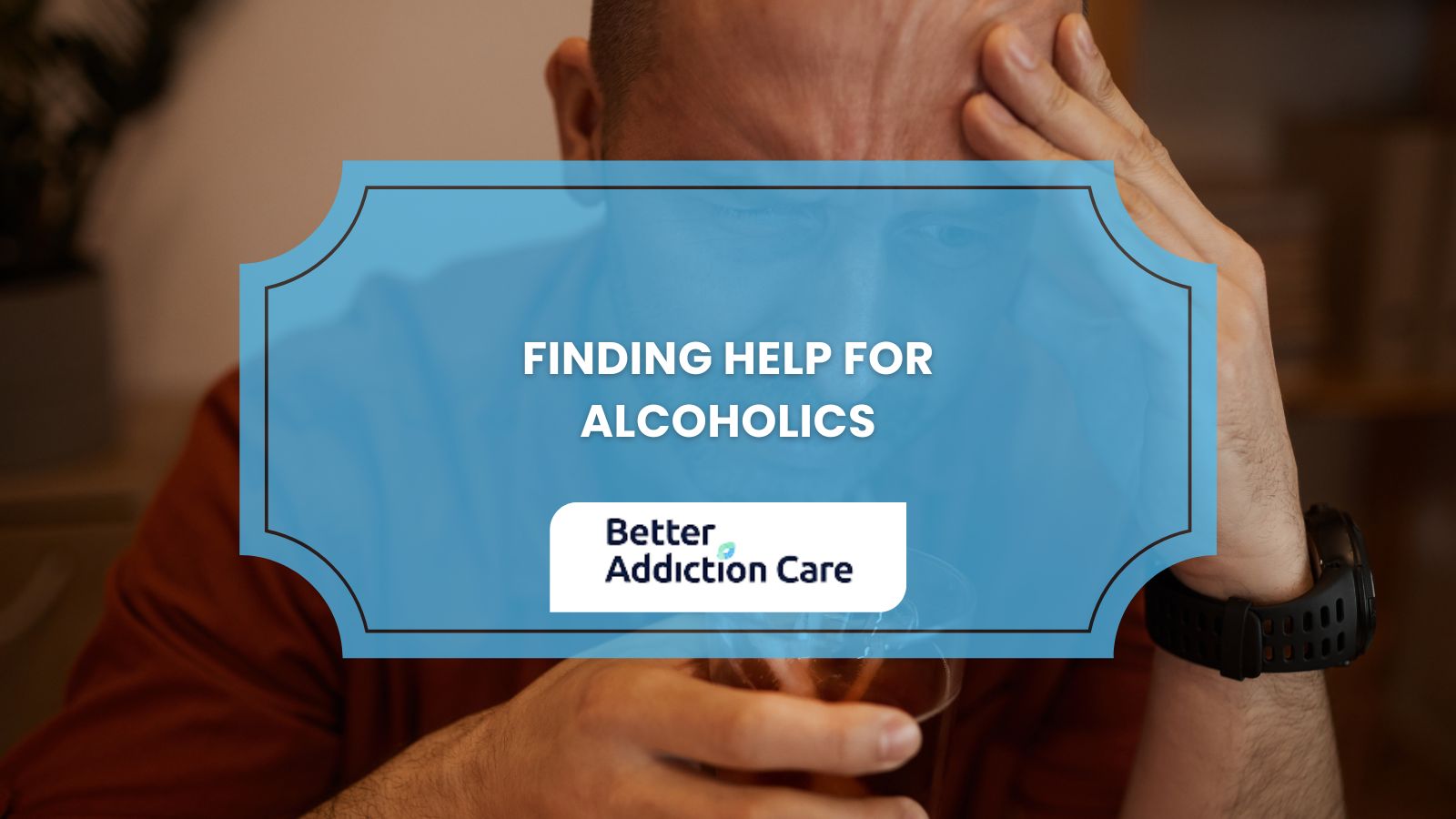A Guide to Alcohol Addiction Treatment
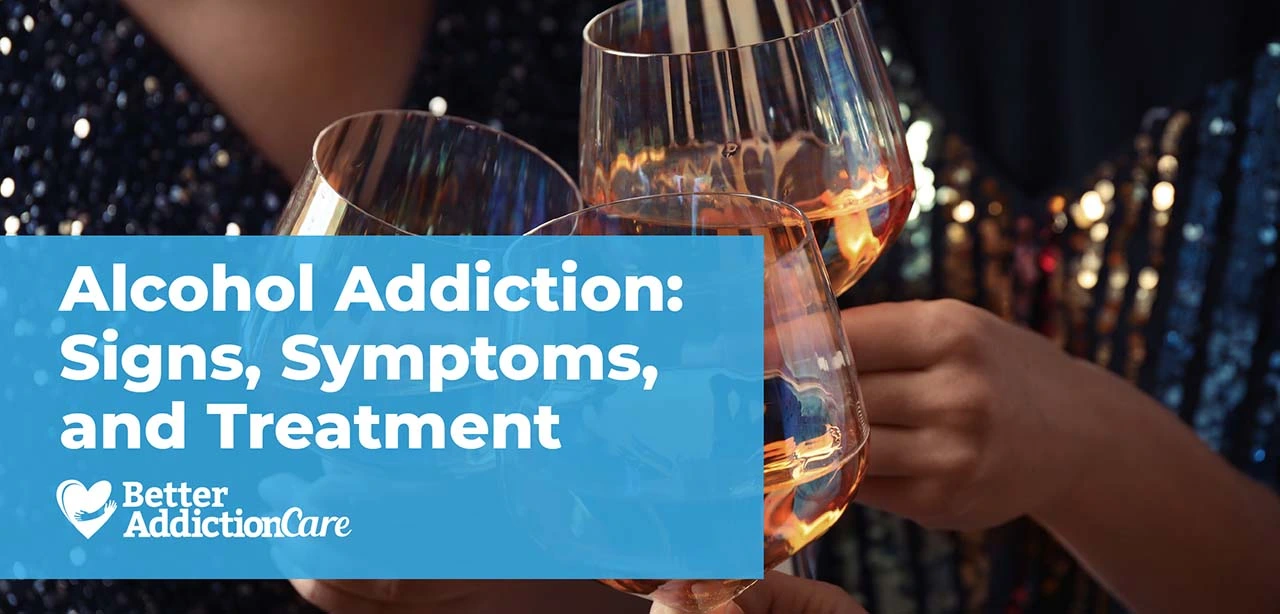
Alcohol Use Disorder (AUD) is a complicated disease of the brain that can be defined as excessive alcohol consumption, even when the drinking has adverse consequences for one's life. Brain chemistry and function are at the center of this disease; therefore, you cannot simply push through and overcome it with pure determination.
Different evidence-based treatments help people handle addiction and regain control of their lives. Additionally, we will understand the implications of AUD as a result of the brain disorder. We will dwell on the varieties of methods, like behavioral therapy and medications, that could serve as a treatment for AUD.
How Do You Know If You or Someone Around You Is Abusing Alcohol?
Are you wondering whether your after-work drinks with your colleague or your friend's frequent partying is more than just versing stress? Detection of the signs of alcohol abuse is a little bit like an investigation in a detective novel; they both involve a careful examination and complete knowledge of human behavior. Here are some clues that could lead to alcohol abuse:
1. The "Iron Liver" Syndrome:
Have you noticed that some of your friends easily take their shots, even if they are a bit tipsy? This is a sign that they can quickly consume a significant amount of alcohol or require higher doses to get intoxicated.
2. The Mysterious Disappearance Act:
It feels like you are just looking around and, at some point, your friend disappears, only to be found alone, smoking or taking a solo drink on the way to the restroom, or simply wandering around. They could be hiding their booze-hopping alone, or if their stash is nowhere to be found, then that is an obvious hint.
3. The "Oops, I Did It Again" Pattern:
Every time you drink, and there are negative consequences, you tell yourself, “it won’t happen again.” However, it keeps happening. The “Oops, I did it again” is not a mistake or an occasional issue; this is frequently a clear sign of AUD.
4. The "Relationship Bermuda Triangle":
With your friend, it appears you only meet dramatic situations more often. Connect the dots. If alcohol is always around during conflicts, what's the following conclusion?
5. The Morning After Blues:
You know the feeling of waking up with a horrible headache and a bit of an uneasy tummy after you tear up the backstreets? Imagine waking up every morning feeling hungover, even if there was no ‘party’ last night. Withdrawal symptoms are those after-effects that won't disappear at all.
6. The Hobby Houdini Act:
Do you remember that one time you were hiking or painting with your friend, and he was obsessed with it? Look at them now and see what a difference a year has made. When alcohol secures a place between oneself and their interests, then it's clear an alarm should be set.
7. The Wallet Whisperer:
Have you ever met someone whose friend frequents bankruptcy even though that person earns a proper salary? Are you this person? If alcohol expenditure exceeds what is spent on groceries and rent, a looming financial problem can be envisioned.
8. The "Nothing to See Here" Defense:
After you share your thoughts about someone’s drinking behavior with your friend, his way of degrading it is to shrug or crack a joke. Denial is the top choice for managing problems, although it does not make them disappear.
If some of these descriptions give rise, these should be taken as warning signs, and it’s time to take action.
How Alcohol Addiction Affects the Brain?
Chronic alcohol abuse disrupts the normal balance of neurotransmitters, which may lead to neuroadaptation, tolerance, and an increased risk of psychopathology. It disarrays the reward system that leads to powerful cravings and takes control of the person's drinking behavior. Moreover, alcohol overuse prompts cognitive impairment, memory loss, and the ability to control emotions, and it also causes neurodegeneration and brain structure to deteriorate. Understanding these neurological changes is critical for correct treatment and support in the case of problem drinkers.
Which Are the Alcohol Addiction Treatments?
AUD could be treated in different ways, depending on the length and severity of the addiction. Available options are:
Detox:
Detox is a complex treatment used to get alcohol out of the system. In many cases, detox should be conducted under medical supervision due to the risks of life-threatening withdrawal symptoms like delirium tremens and dangerous hyperthermia.
Behavioral Treatments:
Behavioral treatments play an important role in dealing with alcohol addiction problems, which can be applied either within inpatient or outpatient settings. These interventions could be done through Cognitive Behavioral Therapy (CBT) – which involves working on negative thought patterns and behaviors that go along with alcohol use.
Motivation-enhancement therapy strengthens motivation for change, as well as overcoming addictive behaviors and habits. Contingency management works as a reinforcement-based therapy that utilizes rewards to maintain positive behaviors such as sobriety. Family Therapy works with the family to establish better relationships and alleviate family issues, while Brief Interventions offer education and raise participants' awareness about their drinking habits to prompt change. These treatments can be done in an inpatient or outpatient setting and are necessary to get relief from alcohol addiction and lead to a better life.
Medications:
FDA-approved drugs, naltrexone, acamprosate, and disulfiram, can be used to treat alcohol addiction. Medication management encompasses both inpatient and outpatient treatment settings.
Naltrexone:
The mechanism of action of naltrexone is based on its ability to obstruct alcohol's impact on the brain and, by doing so, reduce cravings and the need to drink, thereby providing patients with a smoother journey away from addiction.
Acamprosate:
Take up acamprosate as one of the means of attaining long-term sobriety as you fight and maintain the detoxification and also the desire to drink alcohol for you to be sober.
Disulfiram:
To achieve that, the use of disulfiram, which is the basis of the mechanism of inducing sickening and unpleasant reactions to alcohol consumption, in the process of creating discouragement to drinking and, additionally, reinforcing the person's commitment to stay sober, can be helpful to.
Starting with a Primary Care Doctor:
Your journey of treatment can begin when you initiate an open, honest conversation with your primary care doctor or physician. They will evaluate your situation and provide advice and support that will help you orient towards recovery. At the very outset, attending physicians or primary care physicians can determine and refer for both inpatient and outpatient services based on the demands of anyone.
An Ongoing Process:
See the recovery process as a gradual learning curve where you must persevere, bounce back, and actively move forward. Look at failure as a possibility for acquiring various skills and self-improvement. To sustain progress, ongoing support in groups like Alcoholics Anonymous and follow-up care can be provided at either inpatient or outpatient programs.
Relapse is Part of the Process:
Remember that relapsing is a normal part of recovery. Accept it as a natural part of the process. Consider failures to be great lessons that teach you to perfect and improve your strategies and increase your mental resilience. Both inpatient and outpatient treatment settings provide a wide range of relapse management and recovery support tools.
Advice for Friends and Family Members:
Keep the bond of your family with empathy, compassion, and unshakable support through the process of alcohol recovery that your loved ones are in. Always remember to take care of yourself and ask for help if needed during this intense ride. Patients often receive excellent emotional support and positive reinforcement while being cared for in inpatient and outpatient settings. The closest relatives and friends can provide such support.
Professional Help:
Lean on the knowledge of healthcare professionals and expert addiction counselors to obtain personalized care plans and continuous support tailored to your special circumstances and needs. Patients can benefit from specialized care provided by the multi-professional team in hospitals and outpatient treatment centers, which could teach life skills for rehab.
Where to Look for Help While Avoiding the Stigma?
Seeking help for alcohol addiction is very crucial for recovery. There are different options open to you. To get started, talk to primary health care providers or addiction specialists who can provide custom treatment plans and referrals. Also, think about involving groups like Alcoholics Anonymous or going to therapy with experts who specialize in addiction treatment. In addition, many communities have local facilities like counseling centers or outpatient treatment programs.
Stigmatizing alcohol addiction is a bad habit, which, in the first place, prevents it from being addressed. Understand that addiction is a disease, not a result of one's choices, and pursuing treatment is an act of courage. Education of oneself and others on the substance of addiction may correct stigmatization.
Ensure you hang around with people who understand your circumstances and experience. Remember that seeking support is a strength, and by putting your well-being at the top of the list of things to do, you are heading to a healthier and happier life.
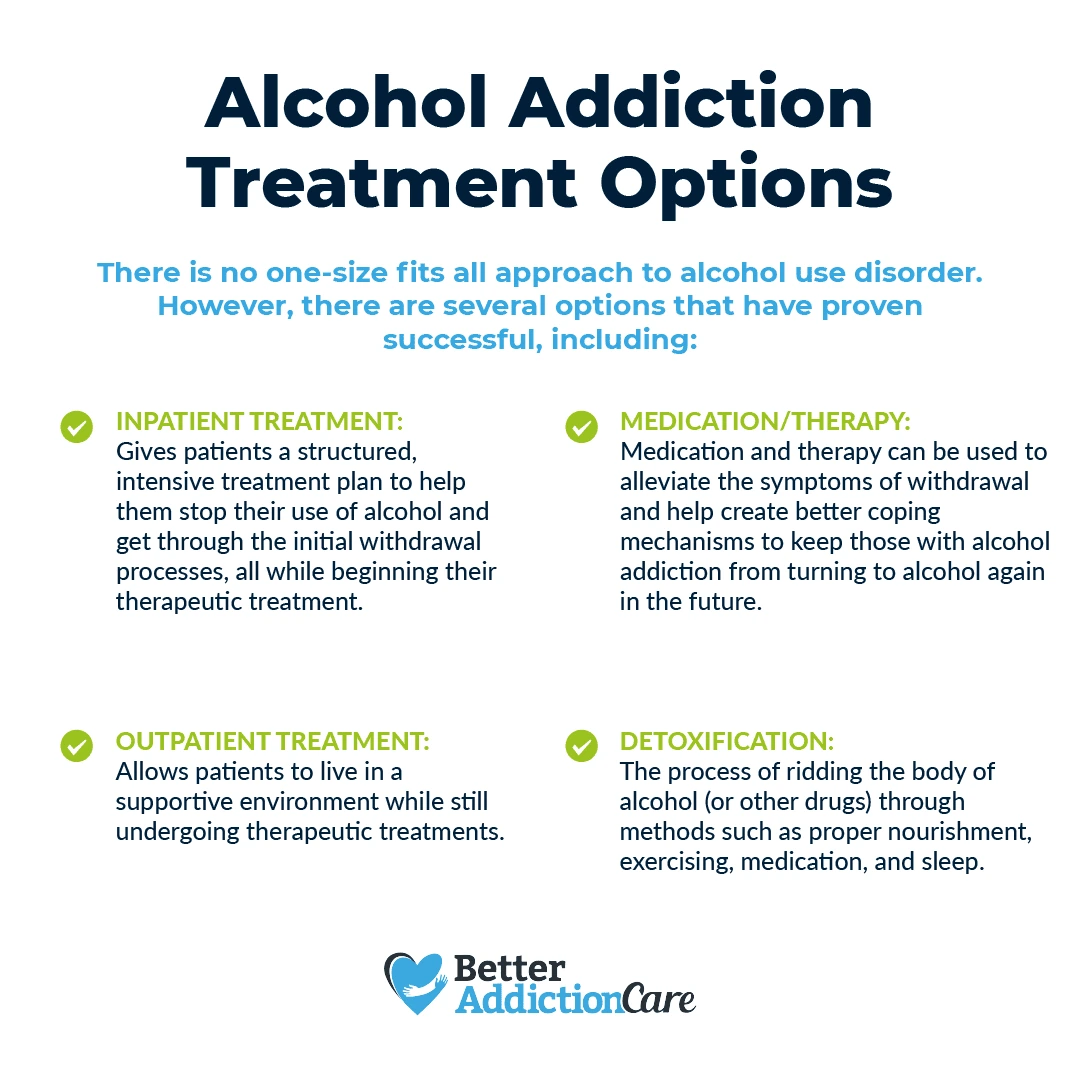
Related Articles
Treatment Centers in California
 123
123
 123
123
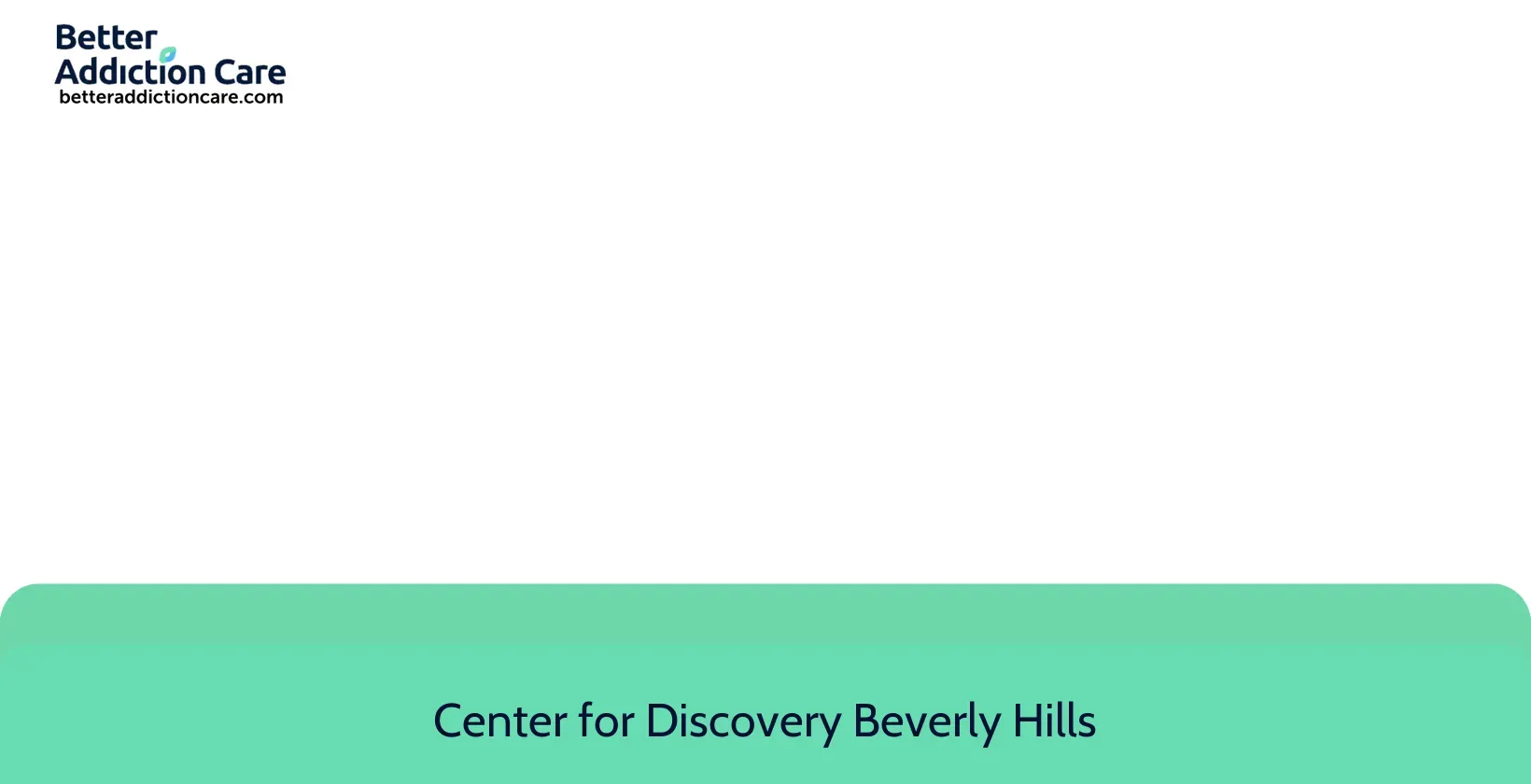 123
123


